Self-Care Toolkit
Below, you can find short, simple, and easy to do anywhere resources to find peace and grounding on the go.
If you are in need of a specific resource, please reach out to The Whole U via email: thewholeu@uw.edu
Table of Contents
Yoga Sequences with The Whole U
Mindfulness Seminar with Danny Arguetty
UW Code Lavender For Healthcare Workers
Yoga and Meditation Cards
Download Yoga Cards here: http://thewholeu.uw.edu/wp-content/uploads/yoga-handout.pdf
Download Meditation Cards Here: http://thewholeu.uw.edu/wp-content/uploads/Mindfulness-Cards-Final.pdf
Yoga Sequences with The Whole U
Joint Release Sequence
Cat and Cow Sequence
Side Bend to Back Bend Sequence
Sun Salutation
Vinyasa Yoga with Diana
Mindfulness Seminar with Danny Arguetty
On-The-Go Mini Meditations:
 The UW Center for Child & Family Wellbeing – Stress Check
The UW Center for Child & Family Wellbeing – Stress Check
The Center for Child and Family Well-being promotes the positive development and well-being of children, from infancy through adolescence, particularly those experiencing disadvantage and adversity. Using a bioecological or “whole child” approach that supports the roles of parents, families, schools and communities in children’s resilience, CCFW works to infuse mindfulness, compassion, and social-emotional skills into the lives of children, parents, caregivers, educators and practitioners. Learn more about The UW Center for Child & Family Wellbeing here.
 Bonnie Duran
Bonnie Duran
Bonnie Duran Dr.PH is a Professor in the Schools of Social Work and Public Health at the University of Washington, in Seattle and is on the leadership team at the Indigenous Wellness Research Institute. She received her Dr.PH from UC Berkeley School of Public Health.
Bonnie teaches graduate courses in Community Based Participatory Research (CBPR), and Mindfulness. She has worked in public health research, evaluation and education among Tribes, Native Organizations and other communities of color for over 35 years.
 Danny Arguetty, Mindfulness Program Manager at UW Recreation
Danny Arguetty, Mindfulness Program Manager at UW Recreation
“Everything is falling apart all the time—that’s how this planet was created—and we’re constantly contending with this entropic force, which is why commitment can be so challenging for people.
“When I make a commitment, I need to be saying, ‘I know that’s going to want to unravel, because that’s the nature of things, but then how do I stay steady in that?’ When you sense you are resistant to something, it’s an opportunity to assess and ask, ‘Is it genuine? Have I tried that activity four or five times and I genuinely know that it doesn’t work for me?’” Read more.
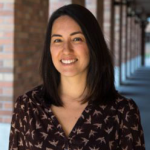 Tabitha Kirkland Ph.D, Lecturer in the Department of Psychology
Tabitha Kirkland Ph.D, Lecturer in the Department of Psychology
“I’m interested in happiness — what makes people happy, how we can reach our best selves, and why we often fall short of this goal. I’m interested in what happens when people come together in collaboration, and when and why they (often unintentionally) isolate themselves.
“I’m interested in what happens when people are immersed in their present experience, and when and why they ‘go through the motions’ without thinking. I’m interested in how these different states impact emotion, social perception, and behavior — including student learning.”
 Jane Compson Ph.D, Assistant Professor at UW Tacoma
Jane Compson Ph.D, Assistant Professor at UW Tacoma
“Buddhist teachings argue that we all have the capacity for ethical conduct, meditation, and wisdom, but, like anything else, you can develop them in a positive way or a negative way. If you do certain actions, you’re going to develop your capacity positively or negatively. If you hold something really tight in your hand, you’re holding it successfully, but it’s actually really painful.
“If you can hold it gently, it’s more comfortable; that doesn’t mean that a good or bad experience goes away; but you can create more spaciousness in the way you encounter it.” Read more.

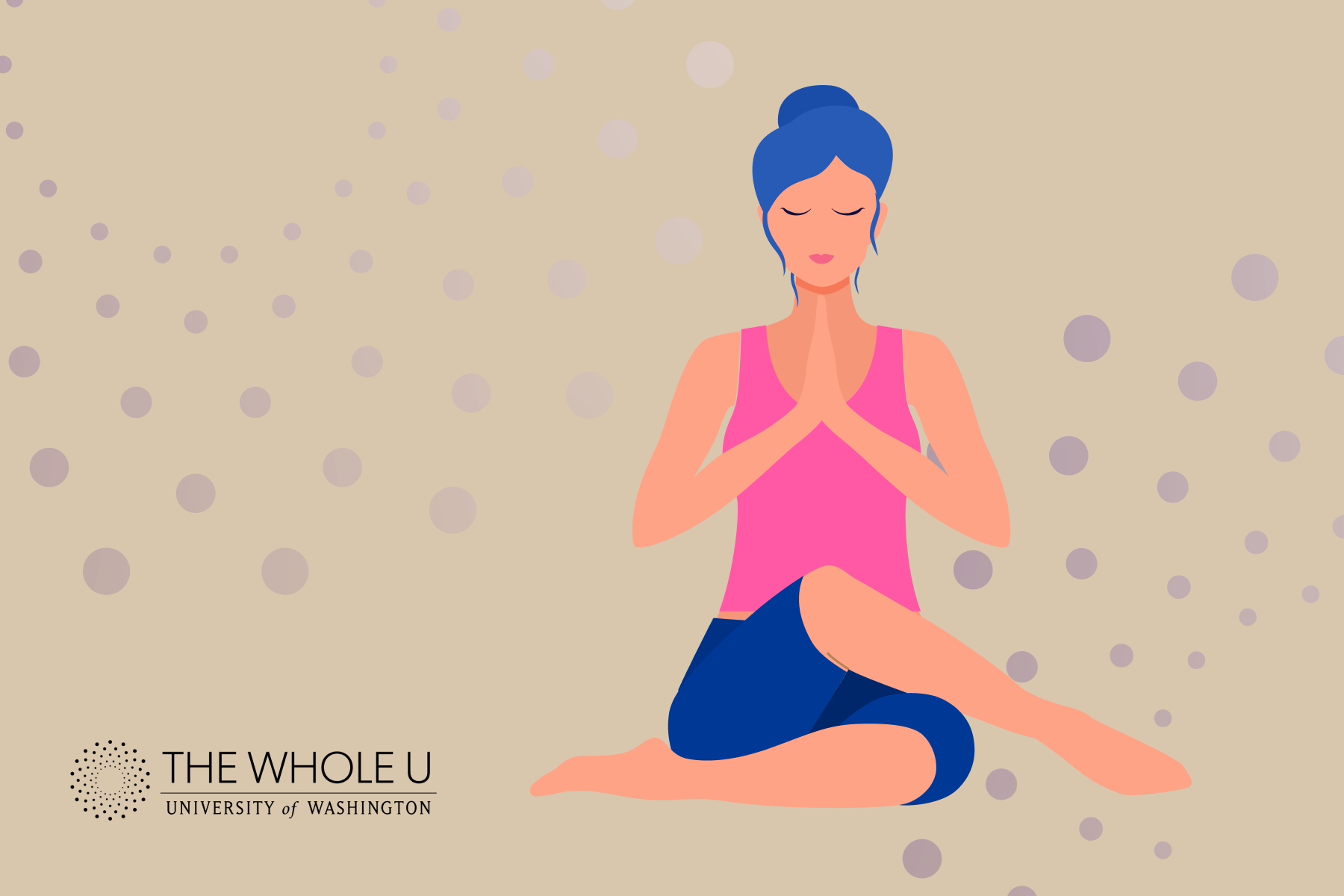
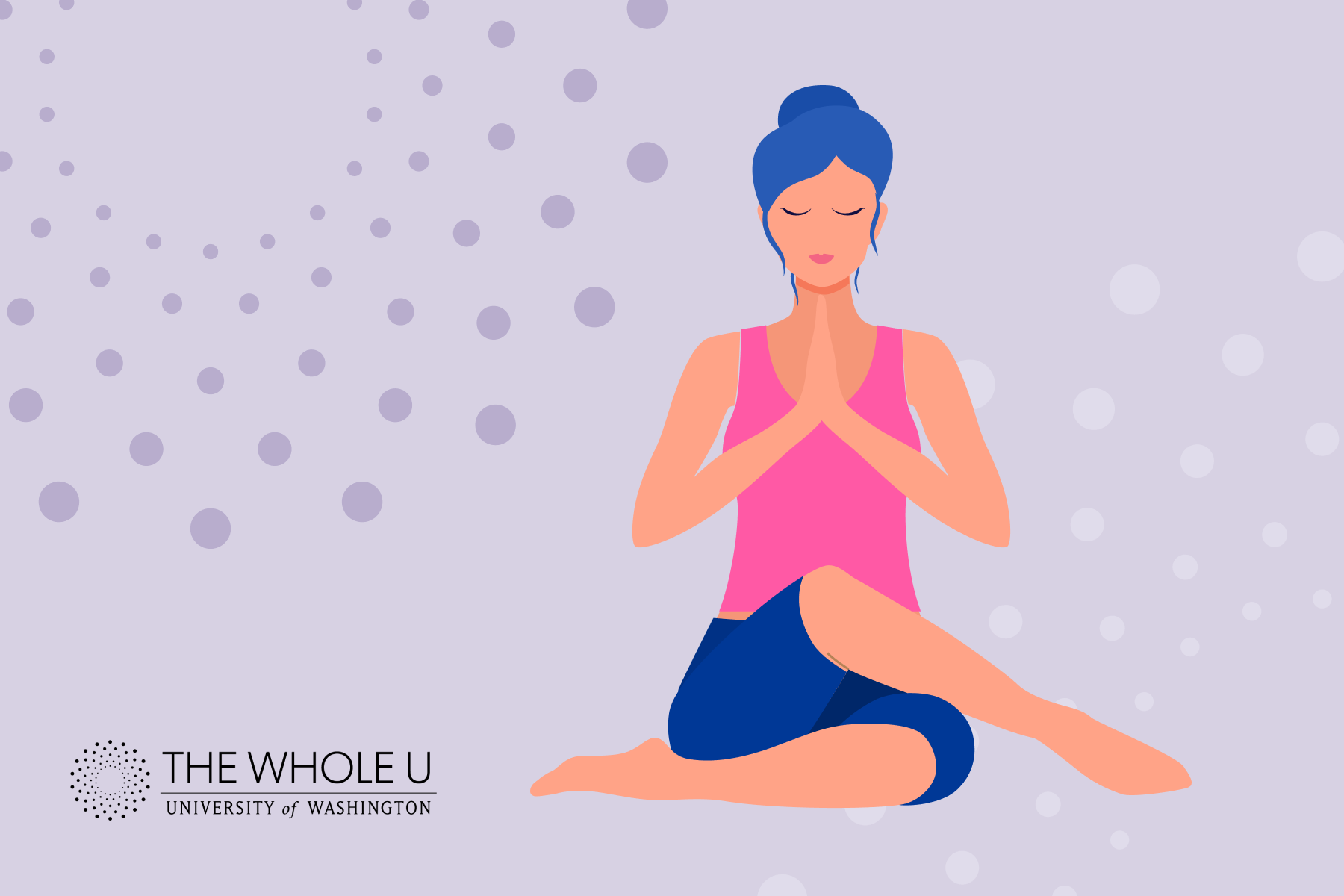
 The UW Center for Child & Family Wellbeing – Stress Check
The UW Center for Child & Family Wellbeing – Stress Check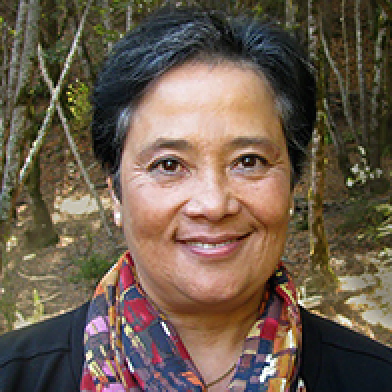 Bonnie Duran
Bonnie Duran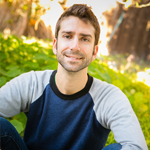 Danny Arguetty, Mindfulness Program Manager at UW Recreation
Danny Arguetty, Mindfulness Program Manager at UW Recreation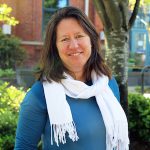 Jane Compson Ph.D, Assistant Professor at UW Tacoma
Jane Compson Ph.D, Assistant Professor at UW Tacoma